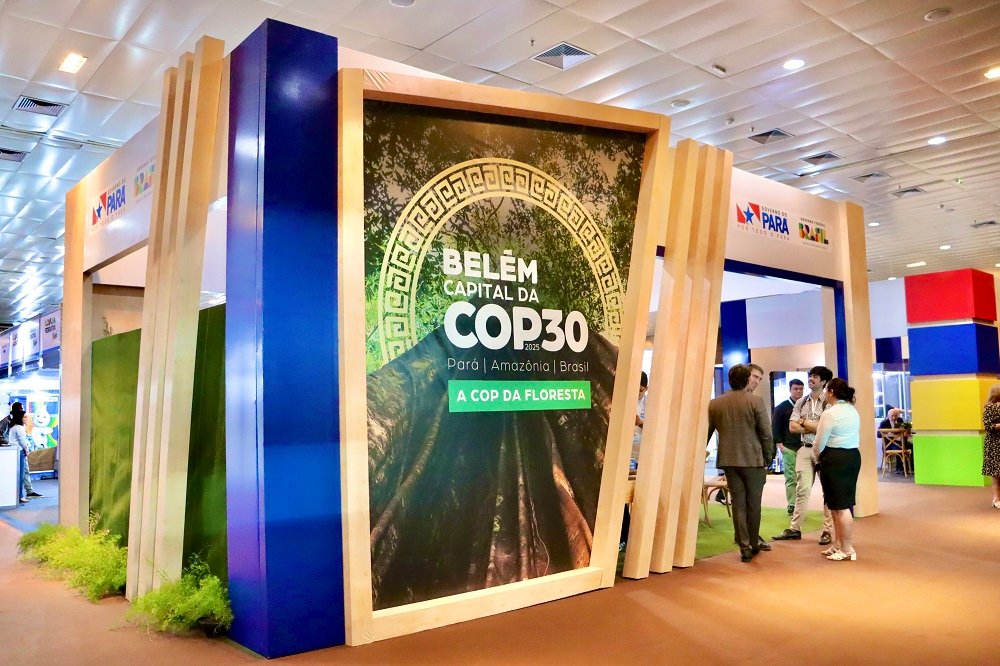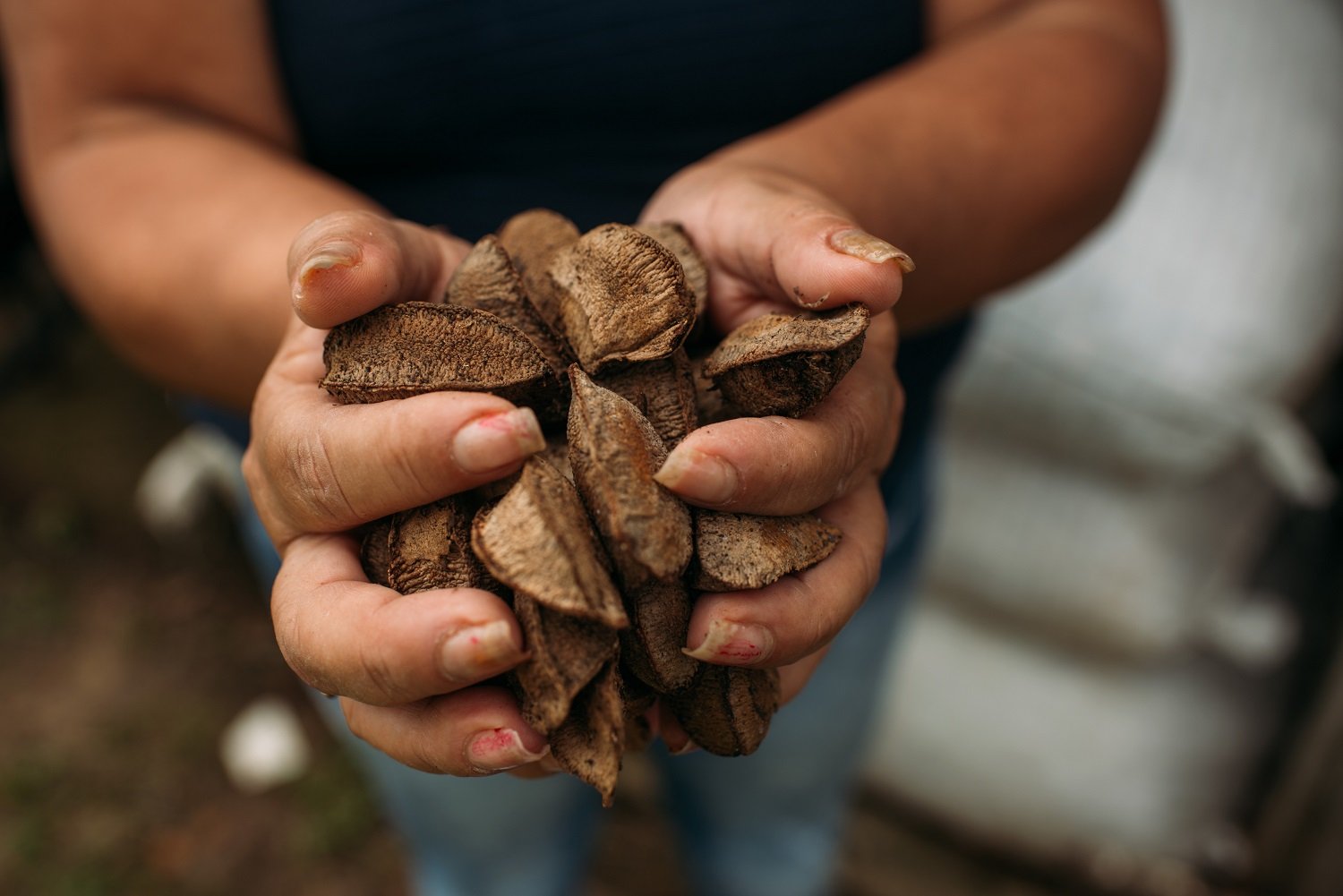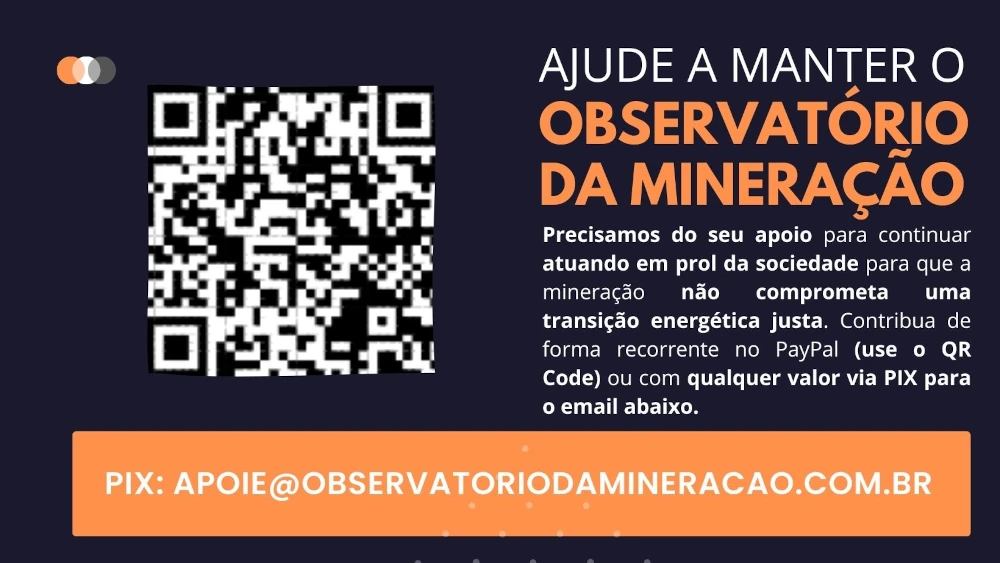Original story by The Mining Observatory translated and published by Mongabay
A new report makes the case that the tailings dam for what would be the biggest open-pit mining project in Latin America falls short of regulatory requirements and has an “unacceptably high” risk of failing, posing a serious threat to the environment and Indigenous communities.
The project, in the Volta Grande do Xingu region of Brazil’s Pará state, is being developed by Canadian mining company Belo Sun, with the tailings dam being built by the same companies behind two similar dams that failed catastrophically in the past five years. Belo Sun’s gold mine is already the subject of a slew of legal inquiries by Brazilian federal and state authorities, the details of which form part of the analysis of the new report.
Commissioned by the Indigenous and environmental coalition Rede Xingu+ (Xingu+ Network) and written by Steven H. Emerman, a geophysicist and mining specialist, the report identifies a series of flaws in the environmental impact studies that Belo Sun has presented so far and recommends that the authorities reject the project outright.
The proposed tailings dam would be similar in size to the Vale/BHP dam that ruptured in Mariana, Minas Gerais state, in 2015 and became the biggest environmental crime in Brazilian history. Emerman’s report says that at least 9 million cubic meters (317 million cubic feet) of toxic waste from the dam would cover 41 kilometers (25 miles) of reach the Xingu River in the most likely dam failure scenario. This waste would contain highly toxic metals, such as cyanide, arsenic and mercury. In January 2019, another Vale dam collapsed in Brumadinho, also in Minas Gerais, killing more than 250 people. Construction of the Belo Sun tailings dam will involve the same companies, VogBR and Brandt Meio Ambiente, that worked with Vale in Mariana and Brumadinho.
Emerman also says there were no seismic safety criteria used in the design of the tailings dam, violating Brazilian regulations on such dams, which must be designed to withstand events such as floods and earthquakes.
Belo Sun did not include an analysis of the local seismicity in its studies — another violation of Brazilian regulations — nor did it simulate the structural response to a hypothetical seismic acceleration.
“It is reckless to move forward with the project in this way, with this amount of information missing,” says Biviany Rojas, a lawyer at the Socioenvironmental Institute (ISA), a nonprofit that advocates for environmental and social rights.
Read the full story here
Read the original story by The Mining Observatory here
Descubra mais sobre Observatório da Mineração
Assine para receber nossas notícias mais recentes por e-mail.





